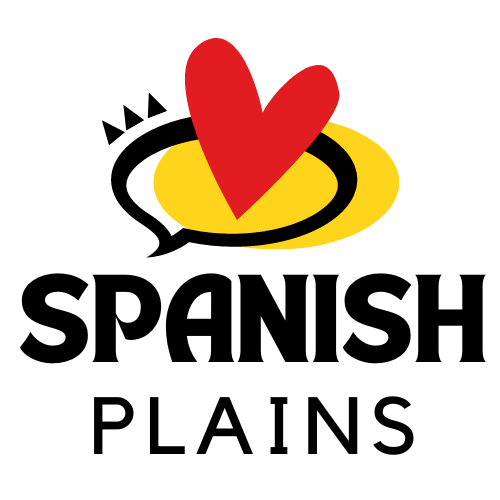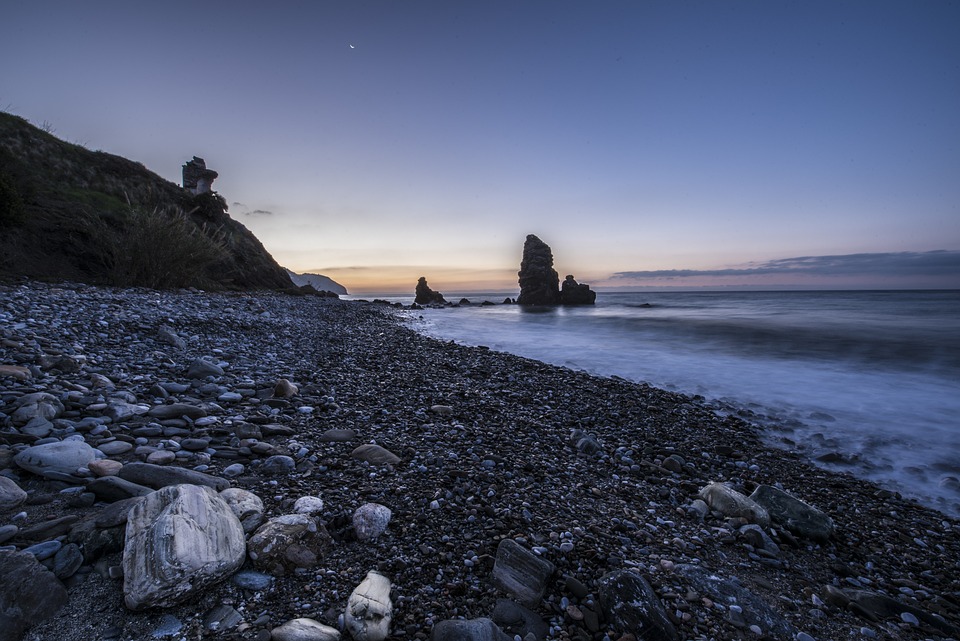Introduction
Ronda, a enchanting city located in the Spanish province of Malaga, is a place where history and culture intertwine. This picturesque town is renowned for its stunning landscapes, ancient architecture, and deep-rooted traditions. Exploring Ronda is like stepping back in time, where every corner reveals a story waiting to be discovered. Let’s dive into this fascinating journey through history and culture.
The Origins of Ronda
Ronda’s origins date back to the Neolithic Age, with evidence of human settlements found in the region. However, it was during the Roman and Moorish periods that the city flourished. Romans named the city Arunda, while the Moors transformed it into their stronghold, playing a crucial role in shaping its distinct character.
Historical Landmarks
Ronda boasts an abundance of historical landmarks that shouldn’t be missed. The Puente Nuevo, an iconic 18th-century bridge that connects the old and new town, offers breathtaking views of the El Tajo Gorge below. This engineering marvel stands as a testament to the city’s architectural prowess.
The Alcazar de Ronda, a Moorish fortress, exhibits the influences of Islamic architecture with its impressive towers and walls. Visitors can explore its gardens, take in panoramic views, and learn about the city’s rich history.
Art and Culture
Ronda has long been an inspiration for artists and writers alike. Many famous personalities, including Ernest Hemingway and Orson Welles, found muse in this charming town. The Plaza de Toros, one of Spain’s oldest bullrings, showcases Ronda’s traditional bullfighting culture. Experience a bullfight or visit the fascinating museum to learn about the historical significance of this controversial tradition.
Local Traditions
Ronda is known for its vibrant local traditions. The Feria de Pedro Romero, held in September, is a celebration of bullfighting and flamenco. Revel in the colors, music, and dance as locals and visitors alike come together to honor these cherished traditions.
Easter in Ronda is a time of deep religious devotion. The Holy Week processions fill the streets with awe-inspiring floats, music, and passionate displays of faith. Witnessing these processions is a truly unique and emotional experience.
Gastronomy
No journey through Ronda is complete without tasting its delectable gastronomy. Indulge in traditional dishes such as Rabo de Toro (bull’s tail stew) or Sopa Ronda (a local soup), both of which showcase the region’s culinary heritage. Pair your meal with a glass of local Ronda wine, produced in the surrounding vineyards.
FAQs
Q: What is the best time to visit Ronda?
A: Ronda can be visited year-round, but spring and fall offer more pleasant weather and fewer crowds.
Q: How do I get to Ronda?
A: Ronda is easily accessible by bus or train from nearby cities like Malaga or Seville.
Q: Are there accommodation options in Ronda?
A: Yes, Ronda offers a wide range of accommodation options, including hotels and bed and breakfasts, to suit different budgets and preferences.
Q: Can I explore Ronda on foot?
A: Yes, Ronda is a walkable town, and exploring on foot allows you to immerse yourself fully in its unique atmosphere and discover hidden gems.

